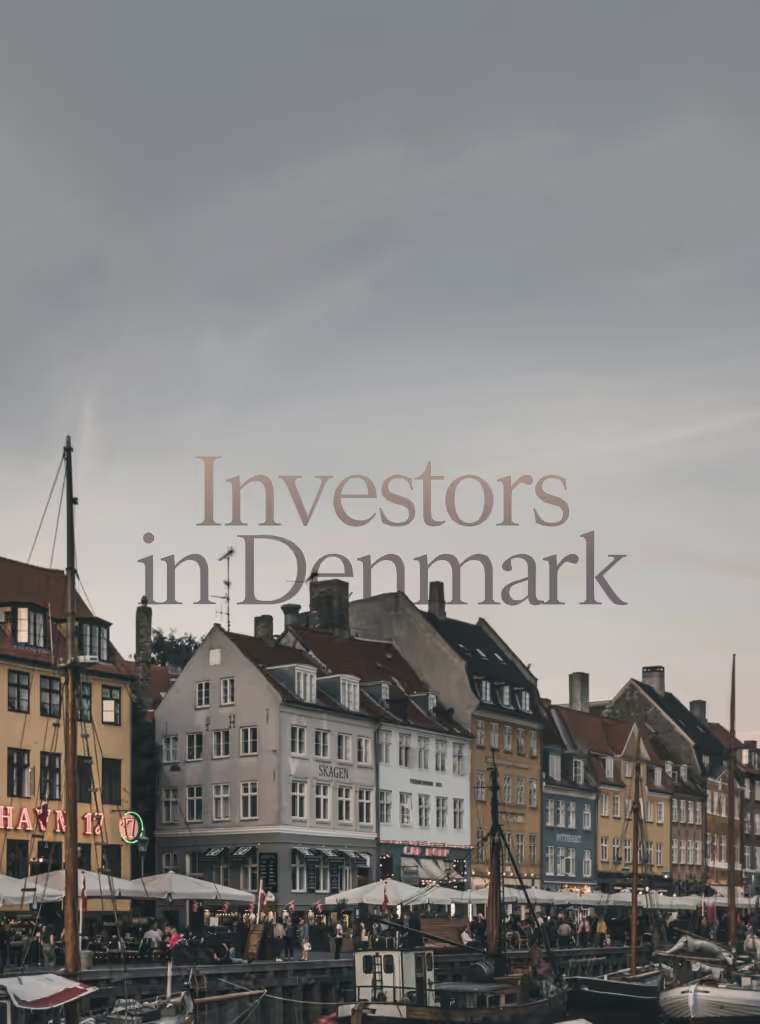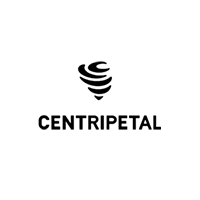Denmark’s Investor & Startup Ecosystem
Denmark’s startup ecosystem continues to thrive, driven by innovation in IT, life sciences, fintech, and cleantech. Despite global economic uncertainty, Denmark stood out in 2023 as one of the few European countries where venture capital investment grew, demonstrating the resilience of its tech ecosystem.
The country has the highest number of rising unicorns per capita in Europe, making it one of the strongest hubs for startups. While Copenhagen remains the primary center for venture activity, other cities are emerging as key innovation hubs. Odense, for example, has become a leader in robotics, ranking among Europe’s top startup cities in 2024.
However, Danish startups face certain challenges. The country’s small domestic market often forces founders to expand internationally early in their growth. Talent attraction has also been an obstacle, but recent policy changes have made it easier for startups to recruit skilled workers from outside the EU. The government has expanded the startup visa scheme, which is expected to help sustain Denmark’s position as a leading venture capital market.


Venture Capital Investment in Denmark: Key Trends and Investors
Denmark has remained one of the most active venture capital markets in Europe, defying the global slowdown. In 2023, VC funding grew by 24%, making Denmark the fourth-largest European startup hub relative to GDP. Total venture investment reached approximately $0.6–0.7 billion, one of the few European increases during a global downturn.
The strongest sectors for investment have been life sciences, fintech, software-as-a-service (SaaS), and cleantech. Green technology in particular has seen record-breaking investment levels, with funding increasing every year since 2019.
Several Danish venture capital firms continue to fund high-potential startups. byFounders invests in early-stage Nordic and Baltic startups, while Heartcore Capital specializes in consumer tech and digital business models. Vaekstfonden, now part of EIFO, is Denmark’s largest public investment fund, supporting startups across various industries. NordicNinja VC focuses on deep tech and robotics, and PreSeed Ventures is an important player in early-stage investments.
Major Funding Rounds and Denmark’s Newest Unicorns
Denmark has built a reputation as a hub for high-growth startups, producing some of Europe’s fastest-scaling companies. In the past year, several Danish startups have secured significant venture capital rounds, reinforcing the country’s strength in cleantech, fintech, and biotech.
In the cleantech sector, Polytech, a wind energy solutions company, raised €135 million in 2023. Agreena, an agritech startup helping farmers monetize sustainable practices, secured €46 million. Biotech has also seen strong investment, with Hemab Therapeutics raising €126.7 million and vaccine developer MinervaX securing €54 million.
Danish fintech continues to be a success story. Companies like Pleo, an expense management platform, and Lunar, a digital bank, have reached unicorn status in recent years. Even as some startups faced valuation corrections, new unicorns emerged in 2023. Labster, a VR-based education technology company, became one of Denmark’s latest billion-dollar startups, highlighting the country’s strength in edtech.
These funding rounds show that Denmark remains one of Europe’s top destinations for startup investment, with venture capital firms continuing to back companies that demonstrate high growth potential and strong scalability.










